Electric Truck News
What impacts do new energy electric trucks have on the traditional trucking industry?
Posted on by Electric Trucks
As the era of sustainable transportation unfolds, new energy electric trucks are emerging as a significant force in the trucking sector. With their increasing popularity and growing numbers on the roads, they are bringing about profound changes that are reshaping the traditional trucking industry. More and more people are making the choice to purchase new energy electric trucks, driven by factors such as environmental concerns, cost savings, and government incentives. As the number of these vehicles continues to rise, their impact on the traditional trucking landscape becomes increasingly evident.
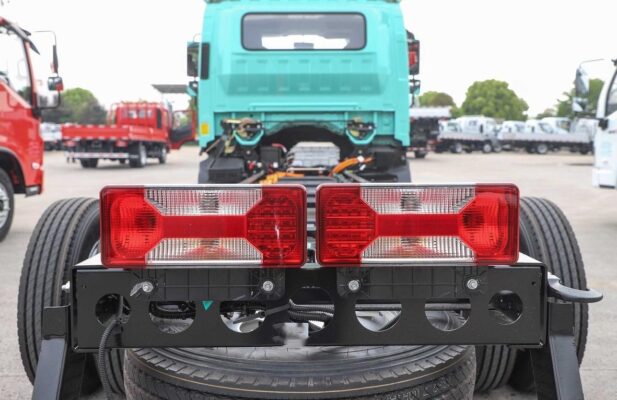
The development of new energy electric trucks not only poses challenges but also presents opportunities for the industry. It is forcing traditional truck enterprises to reevaluate their strategies and move towards embracing new energy technologies. The shift towards electric trucks means that much of the technical advantages accumulated by traditional truck manufacturers over the years may be lost or need to be reimagined. This transformation has a far-reaching impact on various aspects of the traditional trucking industry. The author has analyzed and summarized the following key areas of influence.
The impact of new energy electric trucks on the traditional trucking industry:
First and foremost, the impact is felt on the automotive parts supply chain, followed by the automotive aftermarket. Undoubtedly, the most significant change is in the automotive industry model as a whole. Let’s take the automotive parts supply chain as an example to understand these impacts in more depth.
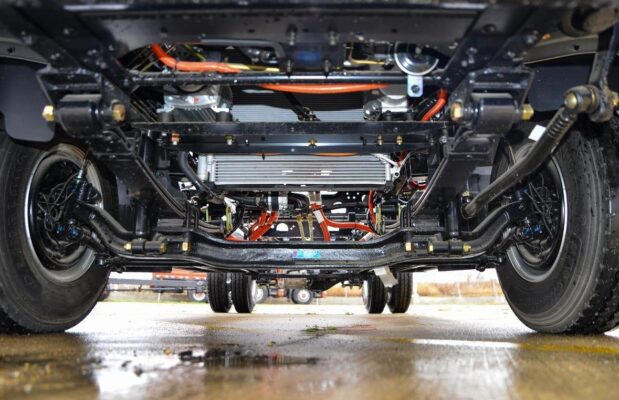
From the perspective of the automotive industry chain, the rise of new energy electric trucks directly affects the fuel vehicle powertrain and the automotive manufacturing and maintenance industry. These sectors face significant challenges as the demand for traditional internal combustion engine components declines. The structure of pure electric vehicles is markedly different from that of traditional fuel vehicles. Electric trucks do not have an engine in the same way as traditional trucks, which means that key components such as the engine, transmission, and fuel system become redundant. As a result, the related industrial chains that rely on these components are severely impacted.
For instance, manufacturers of engine parts, fuel injectors, and transmission components may see a significant drop in demand. This not only affects their production volumes but also forces them to rethink their business models and explore new markets or product lines. The decline in demand for these traditional parts can lead to plant closures, job losses, and a need for restructuring within the industry.
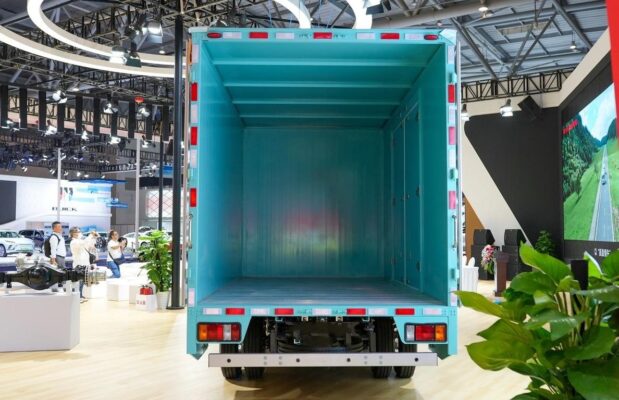
The huge changes in the industrial chain brought about by the increase of new energy vehicles are indeed having a cruel impact on some traditional industries and enterprises. Small and medium-sized suppliers that are heavily reliant on the production of traditional truck parts may find it difficult to adapt quickly to the changing market dynamics. Larger companies, on the other hand, may have more resources to invest in research and development of new products for electric trucks but still face significant challenges in terms of retooling their production facilities and retraining their workforce.
From the perspective of after-sales service, the changes are also substantial. Some parts industries will inevitably undergo transformation. The after-sales service and maintenance requirements for new energy vehicles are distinct from those of traditional fuel vehicles. Electric trucks have fewer moving parts and a different powertrain architecture, which means that maintenance tasks such as engine tune-ups, oil changes, and transmission repairs are no longer necessary. Instead, the focus shifts to battery maintenance, electric motor inspection, and software updates.
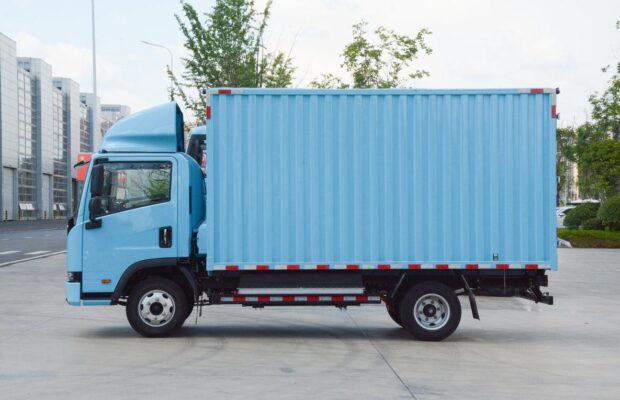
For example, technicians who are accustomed to working on traditional fuel trucks need to acquire new skills and knowledge to service electric trucks. Repair shops need to invest in new diagnostic equipment and training programs to stay relevant in the market. As the sales of traditional fuel vehicles gradually decline, the viability of some repair shops that are primarily focused on servicing traditional trucks is greatly reduced. They may need to expand their services to include electric trucks or risk being left behind.
In general, the development of new energy vehicles has a profound and wide-ranging impact on traditional fuel vehicles. For the traditional supply chain, it is essential to take proactive measures to resist the impact of new energy vehicles. This could involve diversifying their product offerings, investing in research and development of components for electric trucks, collaborating with new energy vehicle manufacturers, or exploring new business models such as remanufacturing and recycling of electric vehicle parts.
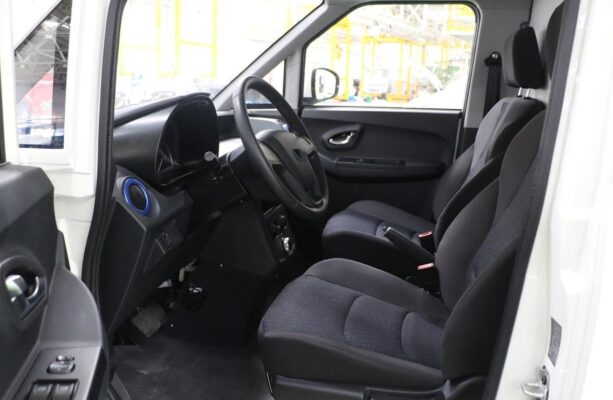
By actively changing their ways and adapting to the new market trends, traditional suppliers and service providers can not only survive but also thrive in the evolving trucking industry. They can leverage their existing expertise and infrastructure to play an important role in the transition to a more sustainable transportation future.
In conclusion, the impact of new energy electric trucks on the traditional trucking industry is undeniable. While it presents challenges, it also offers opportunities for innovation and growth. As the industry continues to transform, it is crucial for all stakeholders to be proactive and embrace the changes to ensure a sustainable and prosperous future for the trucking sector. The above is “What impacts do new energy electric trucks have on the traditional trucking industry?” I hope it is helpful to everyone. If you have any questions, feel free to contact us at any time.